
The Importance of Regular Sealcoating
Understanding the essentials of asphalt maintenance is vital to protecting and extending the life of your pavement. While the importance of regular sealcoating is often underestimated, it plays a crucial role in maintaining the longevity and appearance of asphalt surfaces.
Understanding the importance of regular sealcoating can help building owners, homeowners, and property managers make informed decisions about the care and maintenance of their asphalt surfaces. In this blog, we’ll discuss why regular sealcoating is so essential to the maintenance of your asphalt surfaces and the various benefits it offers.
From the science behind the process to real-world applications, this blog will provide a thorough understanding of why regular sealcoating is a wise investment for any asphalt surface. Continue reading below to learn more and discover why South Central Sealing & Paving is the number one choice for the highest quality concrete paving services in Wichita, KS.
Understanding Sealcoating and Its Benefits
Sealcoating offers a wide array of advantages that can significantly influence the longevity and appearance of your asphalt surfaces. Not only does it act as a robust protector against numerous damaging elements, but it also aids in maintaining the overall health of the pavement.
Here’s how these benefits translate into real-world advantages for your property:
Protection Against Weather Elements
The benefits of sealcoating are most evident in its ability to serve as a guardian against the harshness of the climate. Regular exposure to UV rays, rain, and snow can deteriorate asphalt pavements. Sealcoating creates a protective layer, fending off these threats and maintaining the pristine condition of your asphalt.
Preventing Asphalt Oxidation
Oxidation can strip asphalt of its essential oils, causing it to become brittle and prone to cracking. With regular asphalt sealcoating, you can impede the oxidation process, prolonging the pavement’s pliability and preventing the emergence of cracks and potholes.
Extending Pavement Lifespan
Daily usage and the incessant toll of traffic subject asphalt to constant wear and tear. By incorporating sealcoating into your asphalt maintenance routine, you can enhance the resilience of your pavement, thereby extending its serviceability and life expectancy far beyond that of untreated surfaces.
Reducing Long-Term Repair Costs
One of the most compelling benefits of sealcoating lies in its capacity to minimize future repair expenses. By slowing down the deterioration process, regular sealcoating allows you to avoid extensive and costly repairs, thus securing your investment into the foreseeable future.
The Aesthetic Impact of Sealcoating
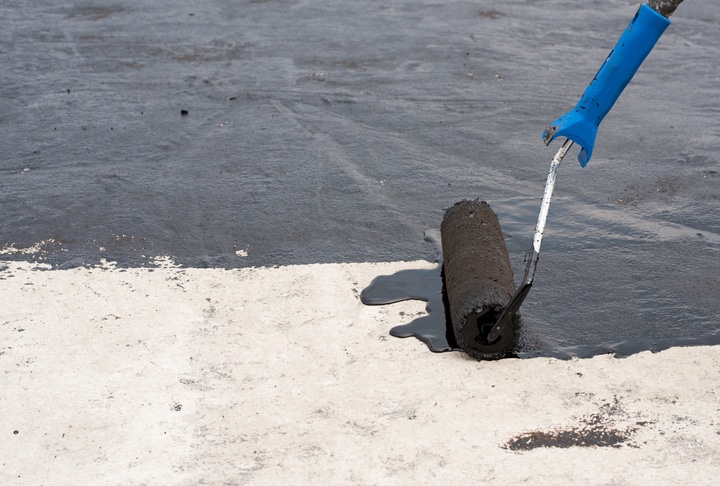
While the functional advantages of regular asphalt sealcoating are widely acknowledged, an equally important aspect is its ability to dramatically enhance the visual appeal of your property. Aesthetic improvements add substantial value and can create a lasting impression that reflects positively on your maintenance endeavors.
Enhancing Curb Appeal
A fresh layer of sealcoat does wonders for enhancing curb appeal, offering a slick, uniform appearance akin to a brand-new asphalt installation. Commercial properties stand to benefit immensely from this facelift, where the allure of a well-kept exterior can significantly influence customer perception and foot traffic. Appealing aesthetics can serve as a silent ambassador for your brand, contributing to a positive image of your business environment.
Consistency in Pavement Appearance
Committing to regular asphalt sealcoating not only extends the life of your asphalt but also ensures a consistent appearance over time. A well-maintained surface is free from the patchiness and fading often associated with aging asphalt.
Such uniformity speaks volumes about your dedication to property management, potentially enhancing property values and crafting an inviting atmosphere for visitors and clients alike. The sealcoating benefits go beyond protection; they embody the care you invest into every corner of your property from the ground up.
Best Practices in Sealcoating
Adhering to sealcoating best practices not only heightens the benefits of sealcoating but also promotes cost-effectiveness in asphalt maintenance. The choices you make concerning materials and services can make a profound impact on your sealcoating’s success and durability. Here, you’ll discover essential considerations for regular asphalt sealcoating and why professional expertise can be crucial for optimal outcomes.
Choosing the Right Materials and Services
Selecting premium materials for your sealcoating project is imperative for ensuring lasting protection. High-quality sealants are designed to withstand harsh conditions, resist wear and tear, and maintain the appearance of your asphalt surface.
When exploring professional services, look for reputable contractors with a track record of excellence in asphalt maintenance. Be sure to also consider the climate in which your property is located and seek advice on the best product for your specific needs.
DIY vs. Professional Sealcoating
While taking the do-it-yourself route may appear cost-saving, professional sealcoating typically yields more reliable and long-lasting results. Professionals have the necessary tools and expertise to ensure even application and are adept at identifying and addressing any underlying pavement issues.
Additionally, they can guarantee that the sealcoating process is executed safely, adhering to industry standards. When it comes to major investments like your property’s pavement, trusting specialists can save you time and prevent future expenses linked to premature repairs or sealant failures.
Your Go-To for Expert Concrete and Asphalt Solutions in Wichita, KS
Whether it’s guarding against natural elements, delaying wear and tear, or simply elevating the visual appeal of your space, the importance of this process cannot be overstated. By incorporating regular sealcoating into your property maintenance strategy, you establish a solid foundation that will serve and appeal for years to come.
Are you ready to upgrade the curb appeal and functionality of your property? Look no further than South Central Sealing & Paving, the industry experts with over 30 years of experience in delivering top-notch pavement solutions in Wichita, KS.
Our team of seasoned experts pledges to deliver beyond expectations in concrete and asphalt services and maintenance. Whether it’s a stunning new driveway, parking lot, or sidewalk, our team is equipped to handle all your needs with precision and care.
Say goodbye to those unsightly cracks and welcome a future of durable, visually appealing, and safe pavements. Contact South Central Sealing & Paving today to learn more about how we can redefine your space.



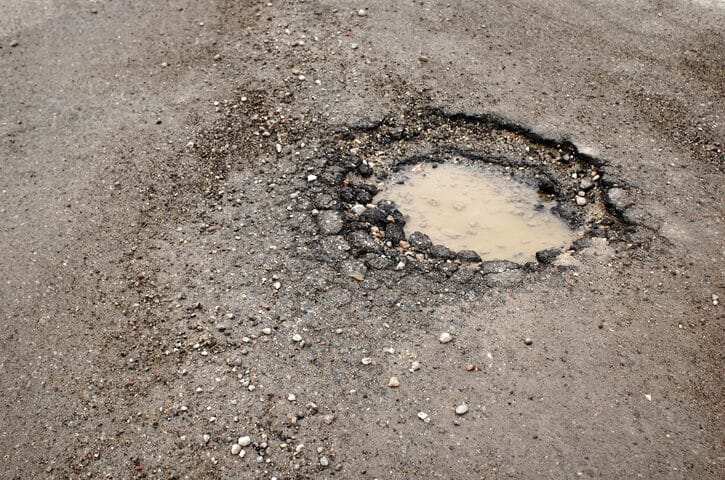
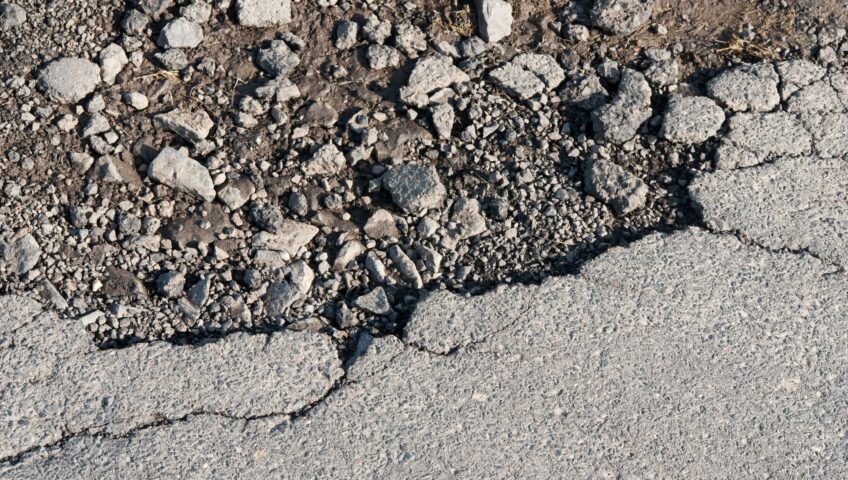
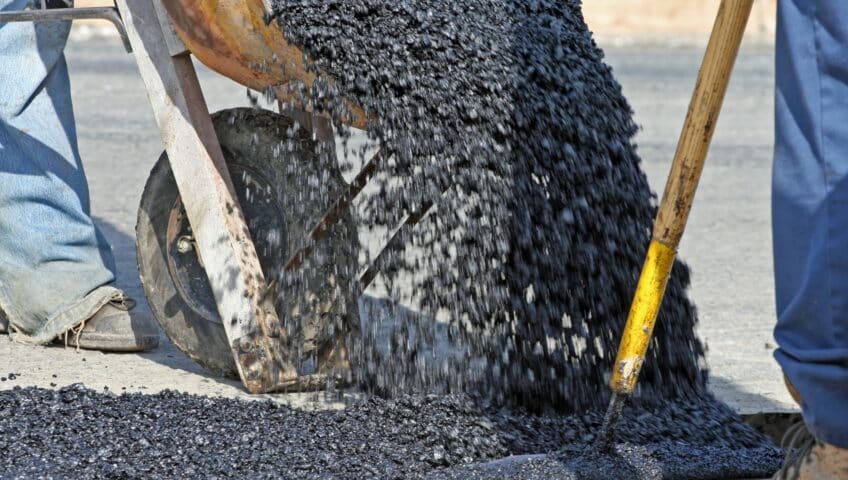
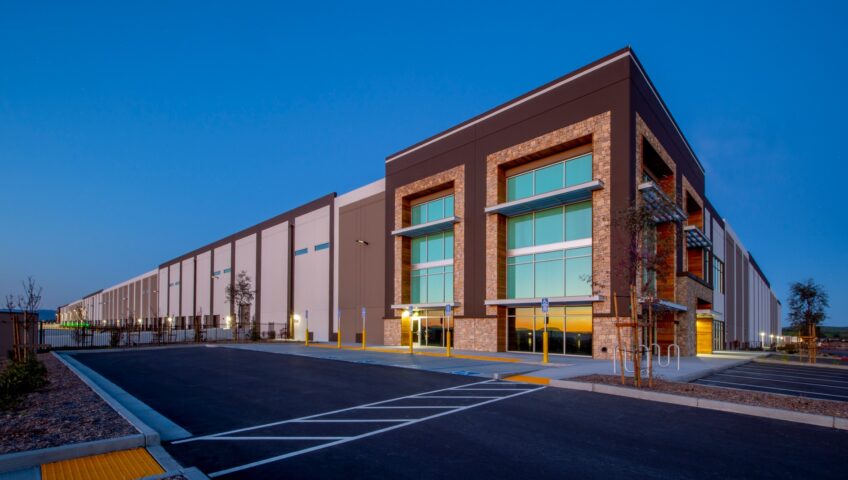
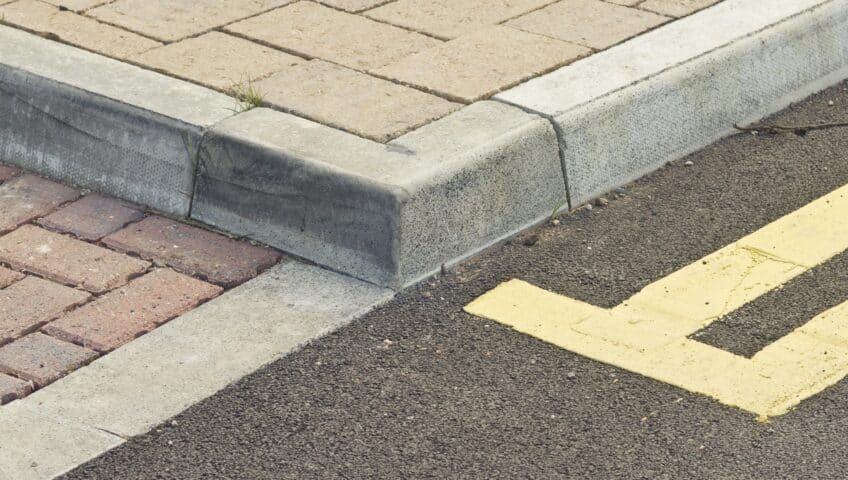
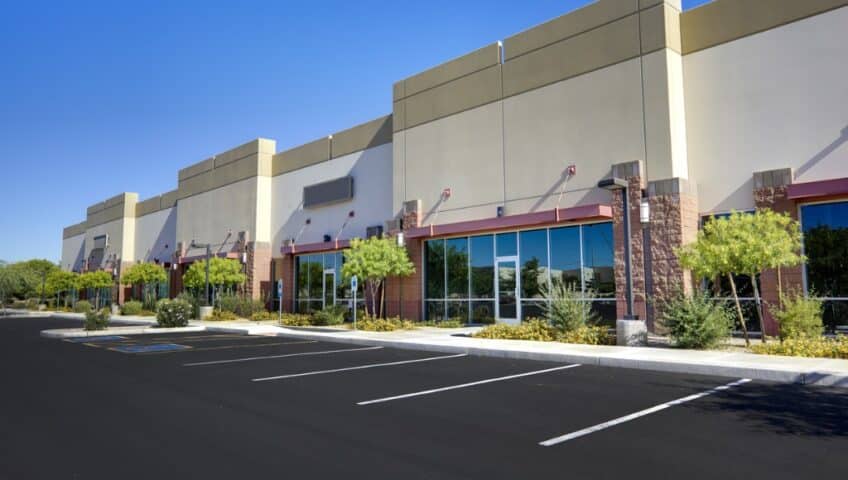
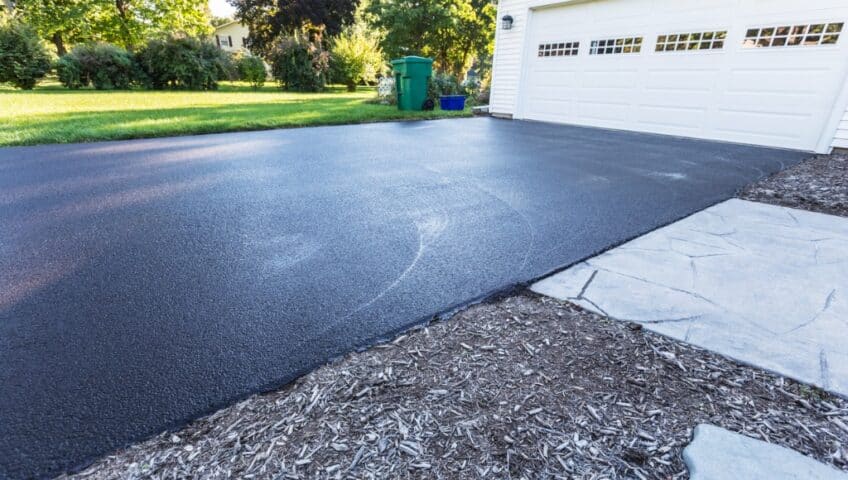
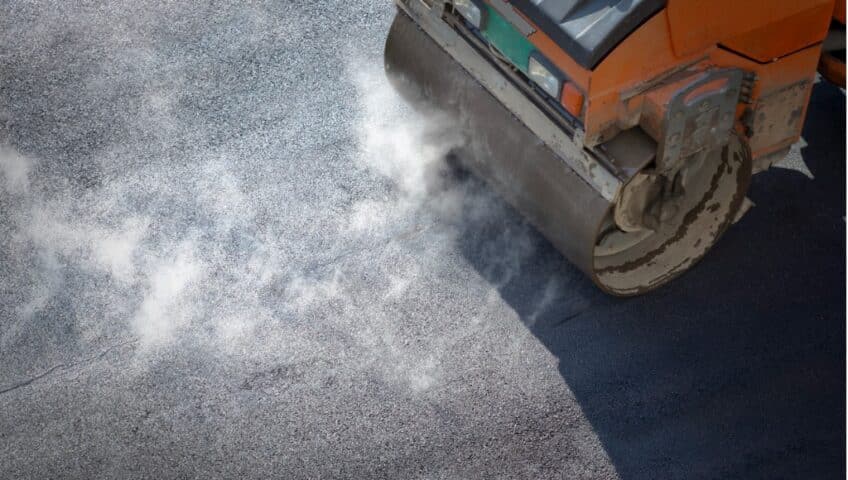
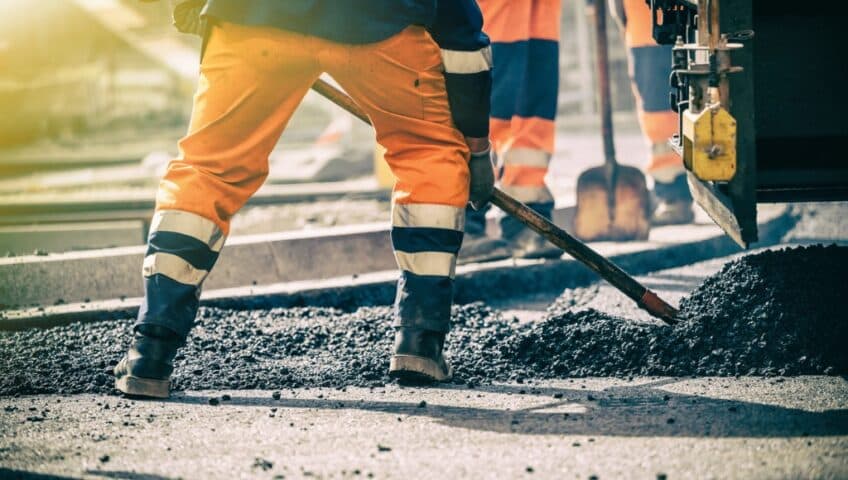
Recent Comments